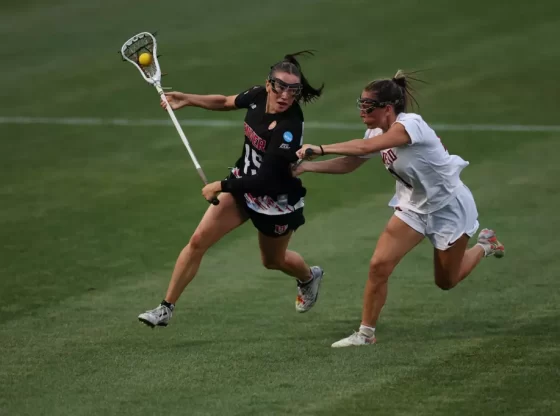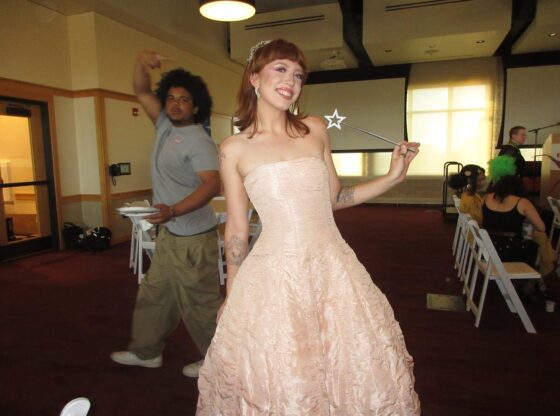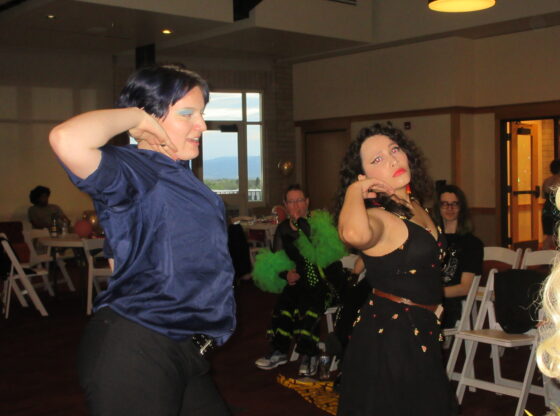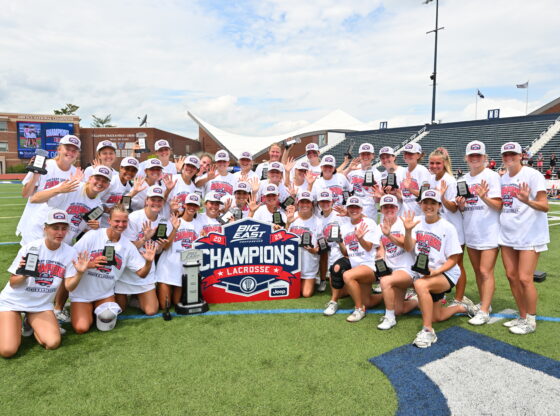“All of us will most likely die in this post 9-11 world.” “How will we live, and how will we die in this world?” “Will we find ways to come to terms with our differences?”
These were the questions raised by guest speaker Abd El Hakim Jackson posed to an inter-religious audience. The discussion focused on the relationship between Muslims and the rest of the world.
Jackson, professor of Arabic and Islamic Studies and adjunct professor of law at the University of Michigan, spoke of “Jihad and Terrorism in Islam” Wednesday at the University of Denver as part of the Bridges to the Future event “An Evening of Reflection on Islamic Values.” The evening consisted of an exploration of Islam in an attempt to disprove the belief held by some that Islam supports terrorism.
Taha Hassane kicked off the evening with a reading of a passage of the Qur’an in Arabic. The audience fixed its gaze on Hassane as his melodic voice rang through Gates Field House. Hassane then turned the stage over to Fatima Nawaz and Chancellor Daniel L. Ritchie.
Nawaz interpreted the passage, and welcomed the audience to “celebrate our religious traditions.”
Ritchie then welcomed the audience, Colorado Chief Justice Mary Mullarkey and Jackson saying he was delighted about the event.
Jackson then addressed the racial tensions that have developed between non-Muslims and Muslims since Sept. 11 and attempted to dispel the myth that Muslims support terrorism.
Jackson espoused the idea that “strong Muslim leadership is exactly what America needs.” He continued to say that this would begin with Muslims stepping up and supporting the War on Terrorism.
“These are difficult times for Muslims,” he said. He continued to say that those who undercut the Muslim community’s leadership are effectively harming the country.
Jackson explained that there are several Islamic laws formed by the four schools of Islamic law that declare any acts that “terrorizes the streets” or that prevents people from “freely traveling the streets” is against the law. The punishment for those violating the law “must be executed” as breaking this law is a “capital offense.”
“There is no such thing as Islam terrorism,” he declared. “Terrorism finds no place in Islam.”
Jackson said that many often confuse one of the pillars of Islam, the Jihad with terrorism. The two do not relate to one another, though, he said. “Jihad is not a holy war.” He explained that Jihad was waging war against non-believers but only in times when Muslim existence is threatened and the world is in a state of war-like times.
“We Americans must recognize our place in the world,” he said. America’s role includes promoting peace and preventing the world from slipping into a global war.
He extends this role to Muslims as well.
“A serious Muslim can contribute positively to America,” he said. He cautions , however, against people supporting their country above their God.
Finally, Jackson expressed his own attitude toward the United States as a final encouragement for Muslims to support the attempt to defeat terrorism.
“I love this nation,” he proclaimed. “I cannot imagine another place I would like to live.”
Jackson’s speech was then followed by a 10-minute break for an Islamic prayer. About half the audience adjourned to the back of the room for the prayer. The men stood in front of the women as they collectively bowed and kneeled in prayer and the rest of the audience observed.
The prayer was followed by a panel discussion of “Peace and Justice in Light of Religions,” facilitated by Rev. Paul Kottke of the University Park United Methodist Church. The panel included Imam Ibrahim Kazerooni, Imam of Ahl Al-Beit Islamic Center; Seth Ward, a visiting associate professor at DU for the study of Israel in the Middle East; Rev. James Gonia, pastor of the Atonement Lutheran Church; and Paula R. Rhodes, associate professor at the university’s College of Law and a member of the Society of Friends.










